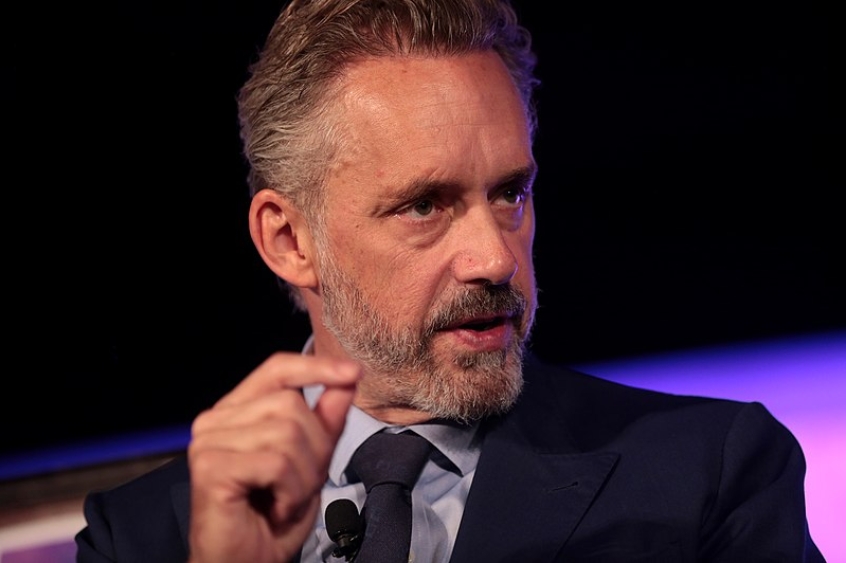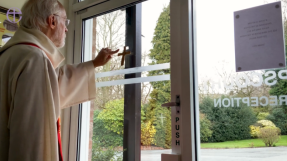
Cambridge University has rescinded its offer of a visiting fellowship to academic Jordan Peterson after students and staff complained about his views.
Dr Peterson, a professor of psychology at the University of Toronto, has faced backlash for refusing to address transgender people by their preferred pronouns.
The '12 Rules for Life' author had been planning to spend time at Cambridge University's Faculty of Divinity later this year to research Exodus in preparation for a series of talks after several lectures on Genesis garnered millions of views on YouTube.
But after an initial offer, the Faculty of Divinity has changed its mind.
It said in a brief statement: "Jordan Peterson requested a visiting fellowship at the Faculty of Divinity, and an initial offer has been rescinded after a further review."
The decision was supported by the Cambridge University Students' Union, which said in a statement to the Guardian: "We are relieved to hear that Jordan Peterson's request for a visiting fellowship to Cambridge's faculty of divinity has been rescinded following further review.
"It is a political act to associate the University with an academic's work through offers which legitimise figures such as Peterson.
"His work and views are not representative of the student body and as such we do not see his visit as a valuable contribution to the University, but one that works in opposition to the principles of the University."
It then added a clarification on Facebook: "When we refer to Peterson's views not being representative of the student body, we refer directly to his history of actively espousing discriminatory views towards minority groups, not to academic freedom."
In his own response, Dr Peterson said he had not been given a reason for the withdrawal of his visiting fellowship.
However, he said the Faculty of Divinity had made a "serious error of judgment" in rescinding the offer and that going public with the decision "could hardly have been more narcissistic, self-congratulatory and devious".
"I believed (and still believe) that collaborating with the Faculty of Divinity on such a project would constitute an opportunity of clear mutual benefit," he said.
"Finally, I thought that making myself more knowledgeable about relevant Biblical matters by working with the experts there would be of substantive benefit to the public audience who would eventually receive the resultant lectures.
"Now the Divinity school has decided that signaling their solidarity with the diversity-inclusivity-equity mob trumps that opportunity."













